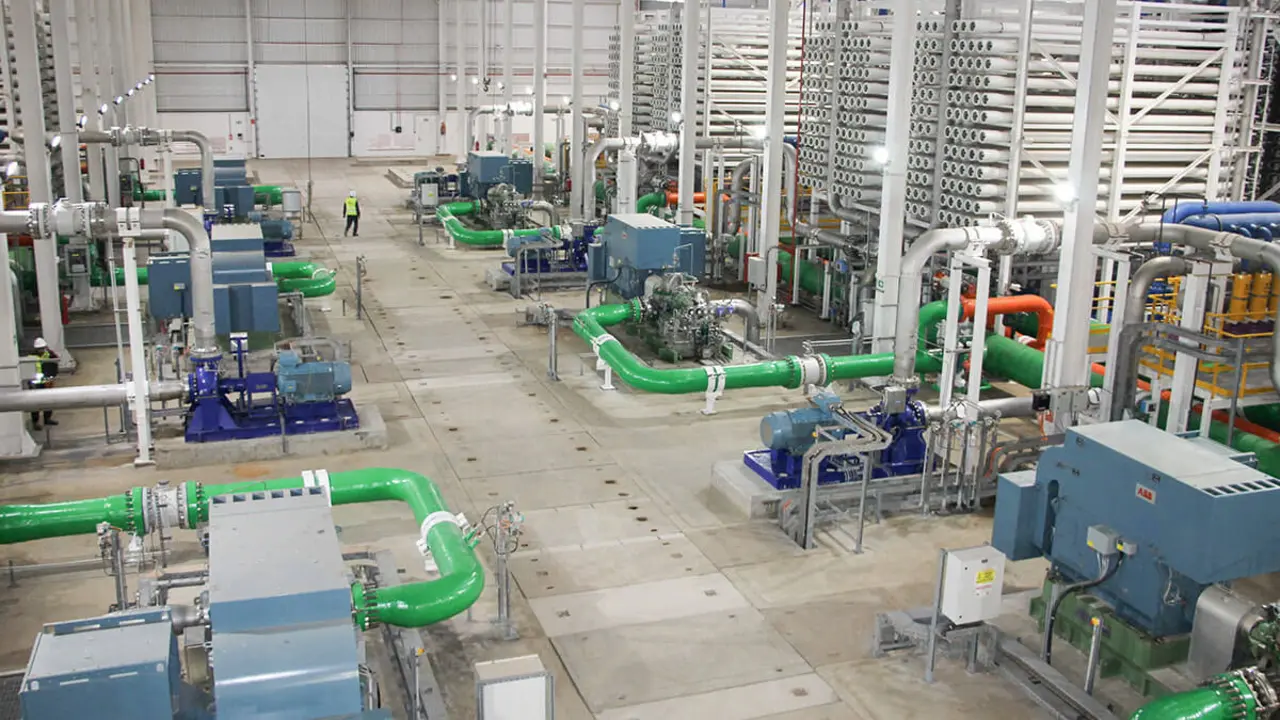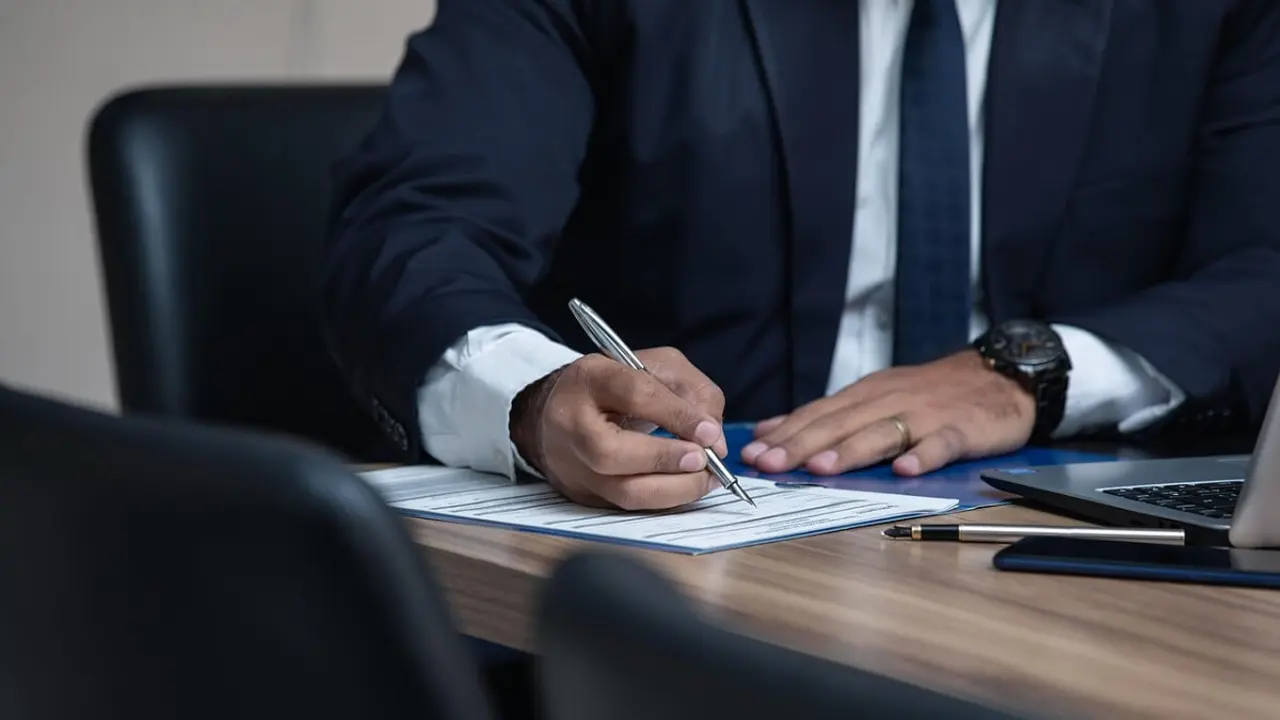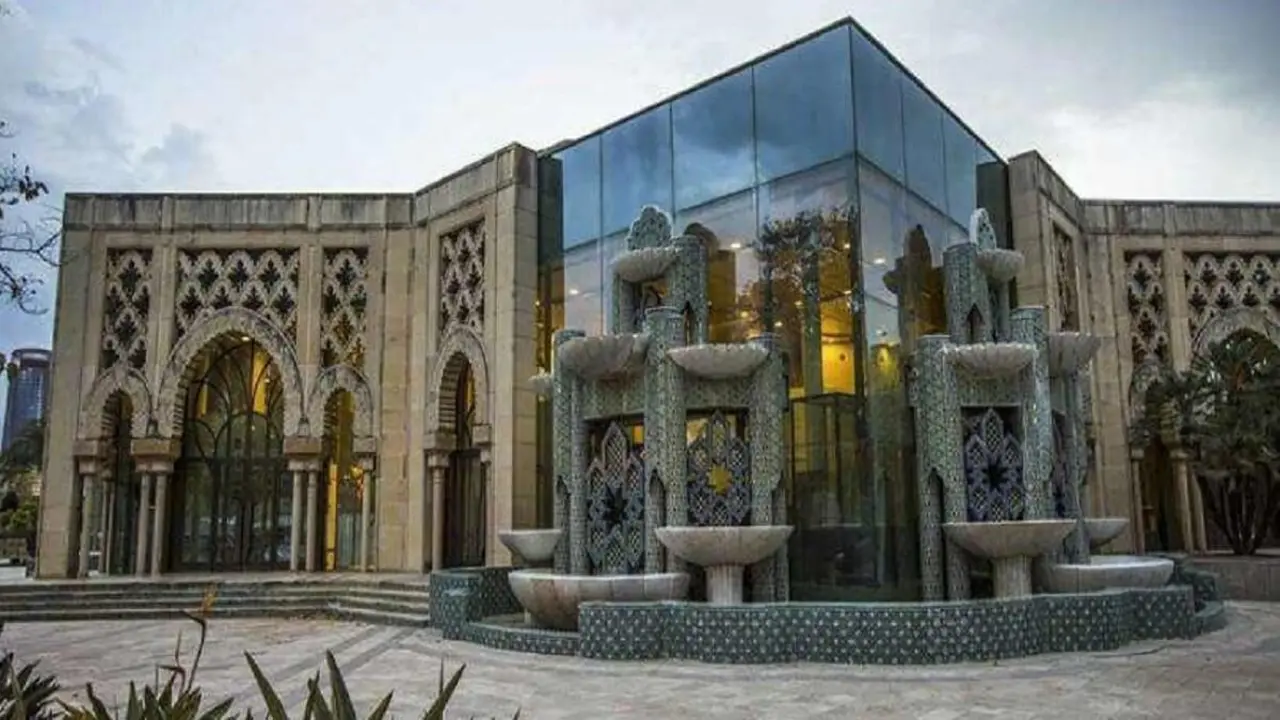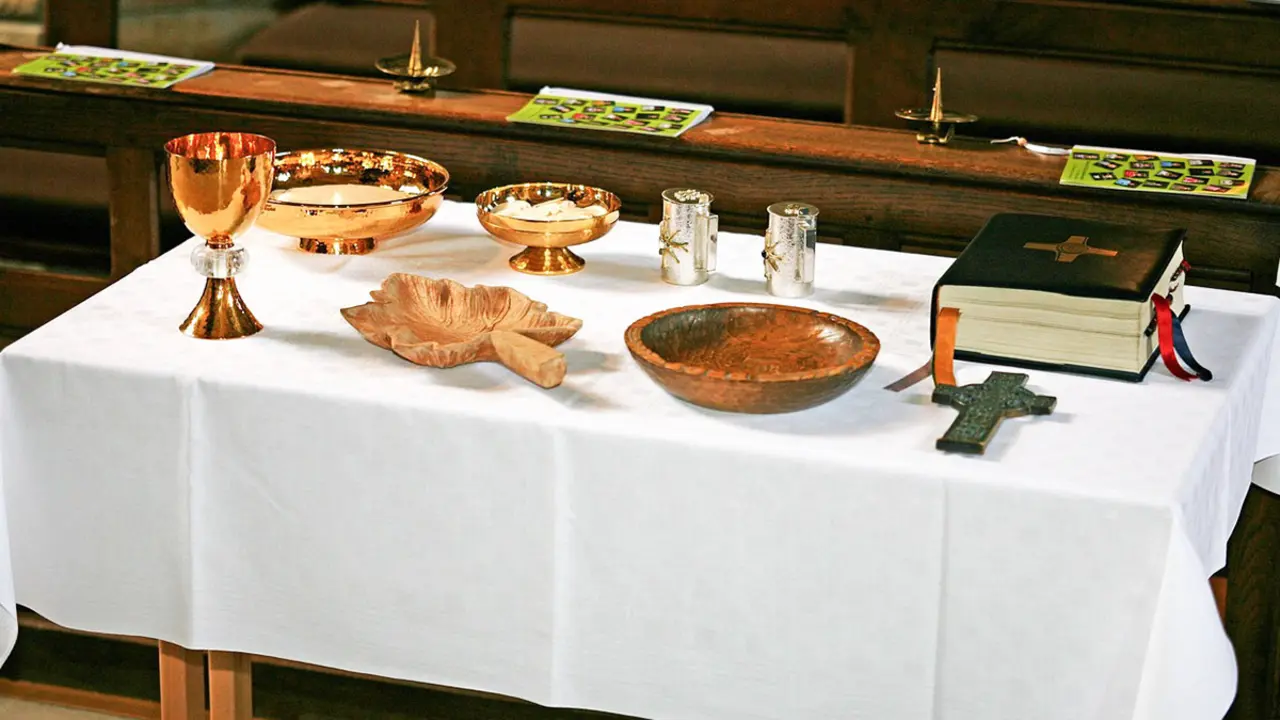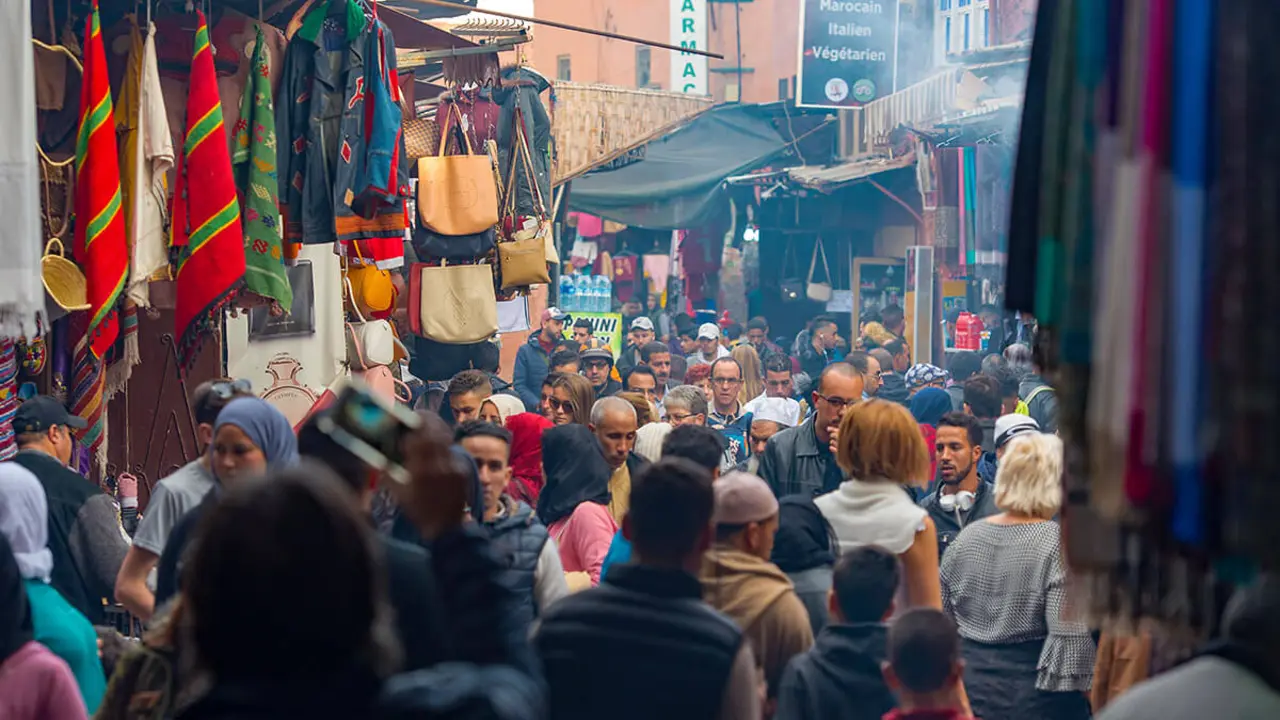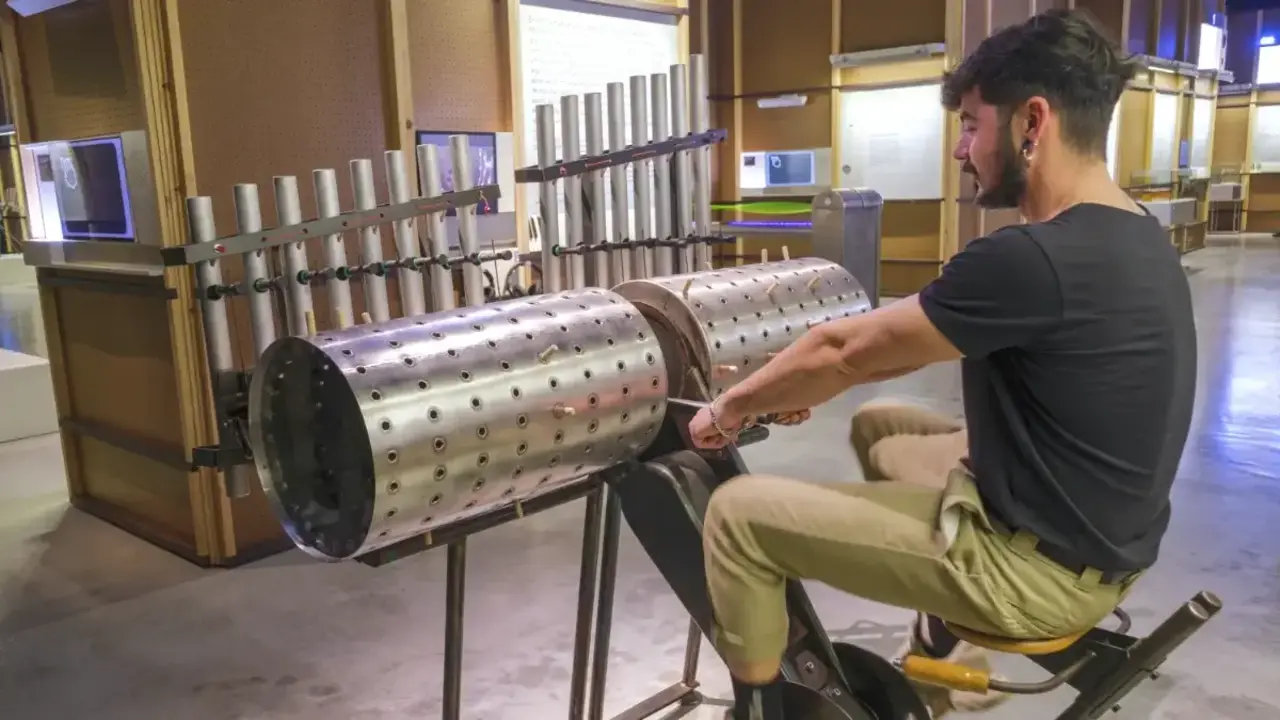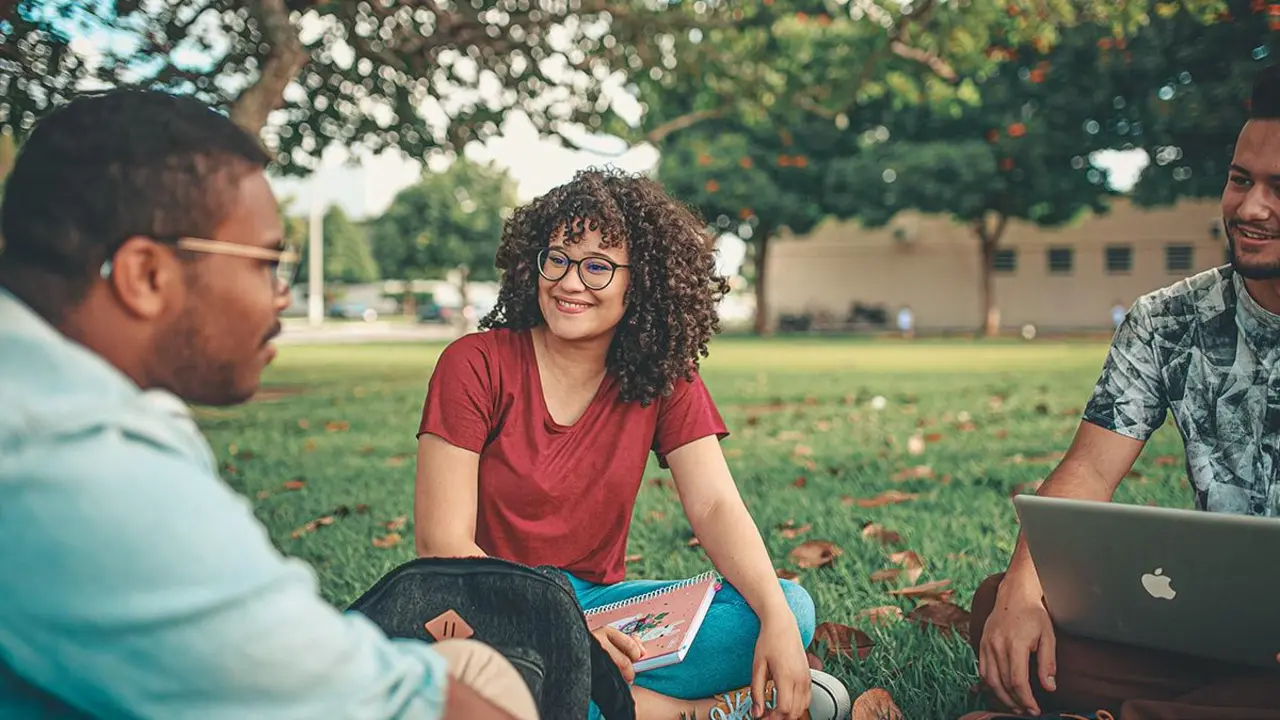Sencillez, tiempo, cariño, productos frescos y salud, claves de la cocina marroquí

They have come to Madrid Fusión after being at FITUR last week. If there is a country where the magic is in the gastronomy, where the cuisine is a fundamental element, it is Morocco. We have come to the Moroccan stand with the chef El Hadi, who is in charge. A chef who has been working in different countries such as the United States, Canada and Germany, among others, and who will be doing show cooking for three days at Madrid Fusión. Every day, at the Moroccan stand, he cooks typical dishes from the different regions of Morocco.
Let him tell us about it. Chef El Hadi, nice to meet you, thank you for attending Atalayar.
It's nice to meet you too. I am very happy to be with you here at our cooking show in Morocco with Moroccan tourism. We are cooking traditional dishes from my country. To start with, we have the Mrouiza, this dish is made only in celebration of holidays and with a lot of guests. It is quite good. We use between 17 and 25 spices and marinate it for more than 2-3 hours, even up to almost 4 hours and let it rest; then we cook it slowly, very slowly, until it is ready. This dish is accompanied by the pastilla which is typical of Fez. As you know, Moroccan food is one of the best in the world. I don't know if it is the first or the second or the third, but it is one of the best.

What kind of pastillas are they?
Pigeon pastilla with eggs, onion and almonds as well. That's a really good dish that we can find in Fez, but as you know Morocco is very different. So Morocco is full of flavour; we use authentic spices and fresh ingredients. We don't do frozen food or anything like that. Everything is fresh and we cook what is in the market that day. Moroccan food is more than 13 centuries old, so we are open to different cultures, it's a mix between Spain, the Mediterranean and Morocco. All this food is quite similar, but, except for the spiciness, it is at the same time quite different. There are also different tagines, there are chicken tagines, beef tagines, fish tagines.... We also use argan oil. The only place where you can find it is in the south of Morocco.
What have you prepared these days here at your stand at Madrid Fusión? What kind of dishes?
On the first day we prepared the traditional Mrouiza and pigeon pastillas with salad and carrot and lemon confit. We made a couscous salad with peppers, tomato and apple. And also a drink with almond, milk and with a little saffron and argan. It is an incredible drink. For dessert, we have prepared pears confit with saffron and aniseed.
On Tuesday, tangia, which is a famous dish from Marrakech. It's been cooked for years and years, from century to century, and it's still eaten today. When we cook it, we cook it with just a little bit of lemon, a little bit of salt, pepper, cumin, olive oil and a little bit of butter, that's all. This is the tangia. In Marrakech, it's cooked for 12 to 24 hours. Sometimes we cook it with meat, sometimes with chicken. We don't cook it on the fire, just with ash, what's left over from the fire. We keep it there and leave it for a couple of hours and then serve it with hot tea. It's delicious. Also these days we are going to prepare Moroccan tagine with lemon, chicken with lemon and olives.

And the lamb... When I go to Morocco, I love the way it's cooked.
Yes, Moroccan lamb is amazing because we have the Atlas Mountain, the Rift Mountain... there are a lot of mountains in Morocco and we have a lot of herbs, like rosemary. The lambs feed on those herbs. In Morocco, if there is no good quality, people don't eat it. So wherever you go, you find quality and good lamb. There is good meat and good vegetables, because they are fresh. And good drinks. Everything is good. The way we cook lamb in Morocco is different. How do we cook it? We cook it slowly. We don't do it quickly like you do. No, we give it time. You have to love the dish. You have to love it from your heart as much as you love the food, as much as you love cooking. The food comes good, that's why our mothers teach us these things, when you cook any tagine with lamb you give time and simplicity. Simplicity is important, don't complicate things. You also have to know how to combine spices. Spices like cinnamon, coriander, garlic or onion. You have to combine and marinate them well when you cook this dish. And leave it for an hour, an hour and a half or two hours.
Do you prefer traditional or nouvelle cuisine?
I've been cooking for more than 35 years and working in the highest level kitchens, with Michelin-starred chefs, but, in the end, we always go back to our origin. When you go back, you love your mother's food, so for me the best thing is our mother's food, the original. We like to eat. We like to enjoy our food and the way we cook our food for years and years is so different... that's why I love this traditional food. I also write books. I am a writer. In the books I focus on ancient cooking.

You can't eat too much because it's not good, but good cooking is healthy for people...
There are three ways of cooking: simplicity, time and health. So I always eat Moroccan food, because we cook it in a healthy way. We cook it in the tagine and that tagine is really healthy, as well as the spices we use. But you don't have to eat too much. You have to control yourself. Okay, you have to eat 200 or 250 grams depending on your body. But you have to do the simplicity of the meal. You don't have to eat a lot, although we see how restaurants with small portions are not busy, while restaurants with big portions are busy.
Do we prefer quality over quantity?
In Morocco, if you go to any street, you can smell the food from far away. That means the food is amazing, quality and good. Because it's simple. As I said, just when you make things simple, it smells good. When the ingredients are fresh, it's good. When you cook it well, it's good, it's healthy.
For me it's not good to cook food quickly. You have to give yourself time to eat. We stay in our mother's stomach for nine months. So we can't give one or two hours to our dish to make it nice. No, if you cook you have to have time, cooking fast is not good. There are dishes that can be cooked quickly, OK. But for Moroccan food you need time, if you give it time you will enjoy the food, if you don't, you won't enjoy it.

You say that gastronomy is diplomacy. Is it a Moroccan identity all over the world?
Food all over the world is parallel diplomacy. If you represent Morocco and you are the ambassador of Moroccan food, you are the ambassador of Moroccan food here and all over the world. So people who come to taste my food, I explain to them that this is Moroccan food, so they understand that couscous is Morocco; tagine is Morocco; harira is Morocco... This is what we call parallel diplomacy. Gastronomy is good for the economy and if it is good for the economy, it is good for the country. It is also good for tourism. It is good for many things.
Everybody can get good food with enough money.
Yes, but now you can eat as much as you want. You have 5 euros, you can eat, and you can eat with 10 euros too. It depends on your pocket. If you want to eat well, buy meat, vegetables and cook at home. It's less money. It's cheap, it's healthy and it's simple. If you want to eat more expensive... it's up to you.

Chef El Hadi, what do you say to the people who come to the stand, who read us, why should they go to Morocco or why should they eat Moroccan food? Its food. Its cuisine.
They have to visit Morocco. Morocco is a beautiful country. First, you have to go from Tangier to Dakhla and the Sahara. Yes, you can find different food, different culture, different history. Moroccan food is like you are drawing a painting. If you go to Tangier it's different. Marrakech is different. Tangier is different. Casablanca is different. If you go to Laayoune, in the desert... Dakhla has incredible fish. There are so many places to go in Morocco to enjoy. If there are 10 things in the world before I die, one of them is to travel to Morocco.



